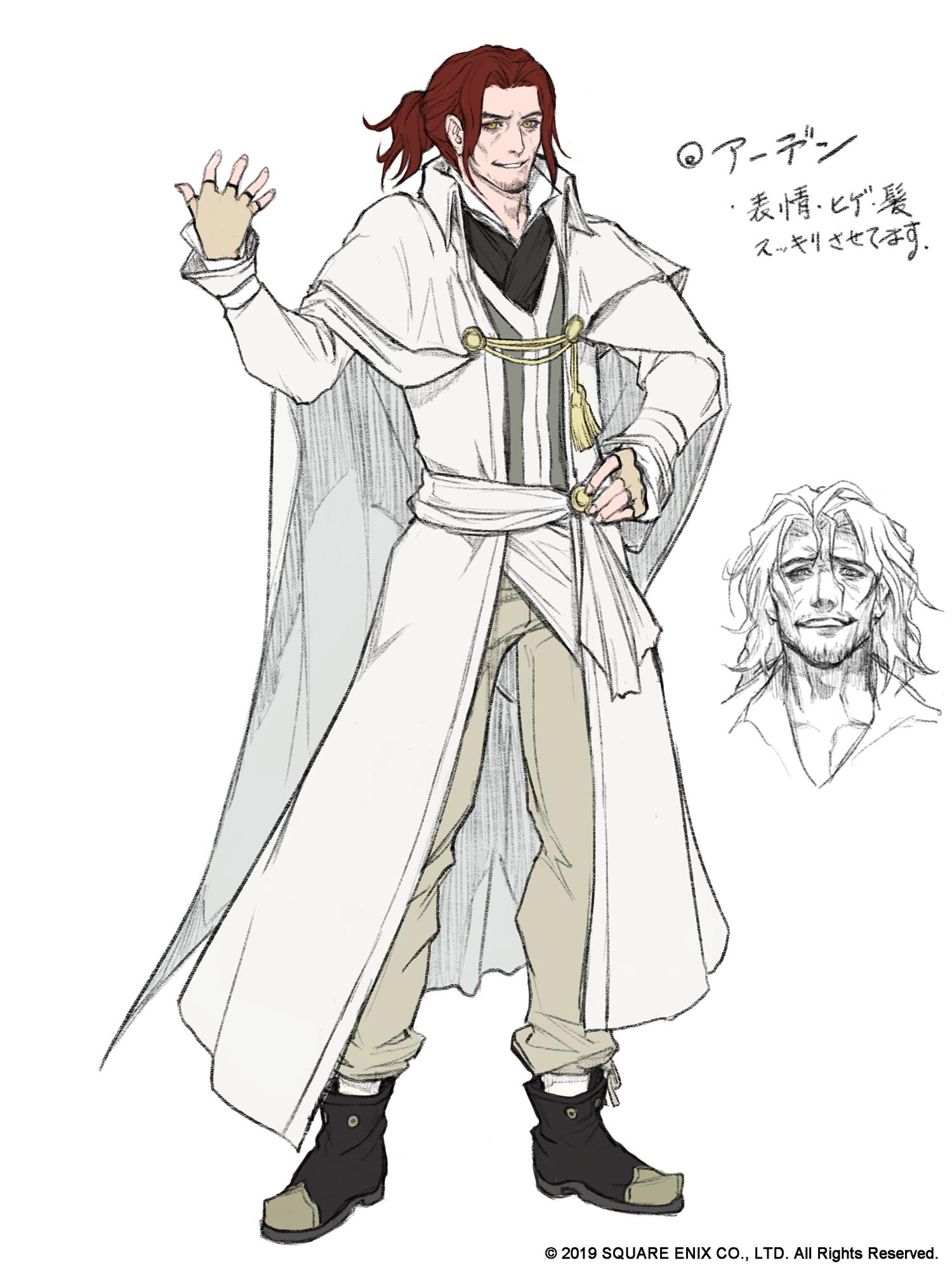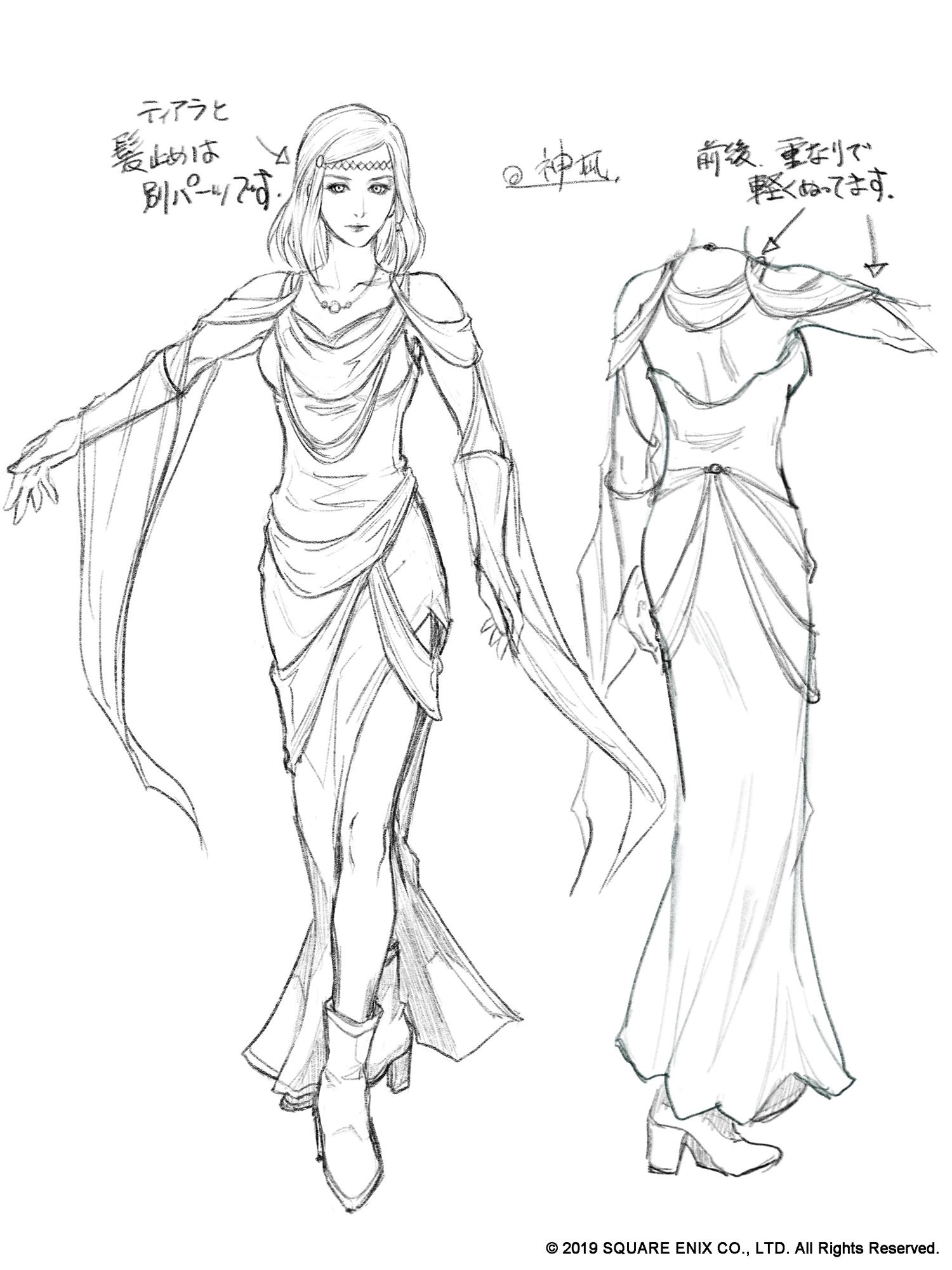It's already been proven that XV never officially used Eidolon as its term as the head of localization himself confirmed the term for summons was made to be Astral with the explicit reasoning that they wanted to use terms that the layman would be familiar with, like Astral and Messenger and so on, not only that but not any mention of "Eidolon" is found in the game datamine while Astral is found for things that line up with things from circa 2014 version of XV. The live translator at PAX was just using a synonym for what summons are which FF fans know because it was an FF panel at PAX somewhere where everyone knows Eidolon is synonymous with summon itself, because it's the same thing, that's all there is to it, and it really doesn't matter if he said Eidolon or summon or whatever because a live translator saying something at PAX is so inconsequential to anything regarding what the actual game is actually presenting. A live translator at a panel is not a game localization head.
I wouldn't say it's been proven. The head of localization explained why the term Astral was chosen as the final name for FFXV's summons, but that doesn't necessarily mean that that was the only name ever considered.
I'll admit that, apart from the live translator's translation and the article's confidence (based on said translation?), there isn't any direct evidence that Eidolon was used within the game. However, there actually
is reason to think that the term Astral was a late addition, which can be found in the very statements you quoted from the head of localization:
"They also helped covering up for the localization team, like for the demo when there was the term “Archaeon,” but no “Astral” yet, and people thought that “Archaeon” was the name of summons."
"When there was the term 'Archaeon,' but no 'Astral' yet" is a rather ambiguous phrase, but it's ambiguous in a way that's rather telling. See, if the term "Astral" had already been chosen, then the obvious way to cover up for the localization team would be to
tell the gaming press that the summons are called Astrals. That this wasn't done immediately strongly suggests that the team hadn't yet made its final choice of name at the time of the confusion.
I don't know why you are dying on this hill just to try still defend the notion that the woman in the Genesis painting was a goddess despite the fact that she is the Oracle and always was, and that Gamespot article which has multiple inaccuracies is the only source for even saying that the logo person is a goddess, yet nowhere else is this ever mentioned let alone suggested.
Well, at this point, I think it's critical to go back and review the course of this debate:
I referenced an article from Gamespot -- a legit gaming website that has (or at least had at the time) sufficient clout to be granted exclusive content from Squenix -- that stated that the woman in the logo was the supreme goddess of FFXV's world to demonstrate that it's not unreasonable for a fan to conclude that one of FFXV's many story revisions included a supreme goddess. In the process, I mentioned the fact that the article called summons "Eidolons" in passing to suggest that FFXV's content was still in flux at the time that the article was written.
Proposition 1: It is reasonable to conclude, based on the existence of the Gamespot article, that at least one of FFXV's drafts included a supreme goddess.
You proceeded to call the veracity of the Gamespot article in question because they called the summons "Eidolons," while stipulating that it wasn't their fault because the translator called them "Eidolons." In response, I set forth my confusion at your suggestion that the Gamespot article was inaccurate based on their use of a term that you yourself stipulated was given to them by Squenix's official translator. Furthermore, I argued that it seemed more likely that the translator was reporting the state of the localization at the time than that the information was incorrect.
Stipulation A: The translator at PAX called summons "Eidolons."
Proposition 2: Given that the translator at PAX called summons "Eidolons," the fact that the Gamespot article reported this name does not call into question the veracity of their information.
Proposition 3: While Gamespot's reliability does not depend on whether they were given bad information by a translator, it is actually more likely that the translator gave them correct information that changed in the revision process than that the information was legitimately bad.
When you continued to insist that the Gamespot article was unreliable because it reported that summons in FFXV had the name that the translator used for them, I argued that there was good reason to think that the translator's word usage reflected the actual localization at the time, because no competent translator would translate "Shoukan/召喚" to "Eidolon" without having some specific reason to believe that "Eidolon" would be used in the localization.
Proposition 4: A competent translator would not have used the proper noun "Eidolon" to translate "Shoukan" if they did not have reason to believe that the localization team had chosen to use that term.
You then proceeded to claim that the translator would have used the term "Eidolon" because it's synonymous with "Shoukan" in the context of Final Fantasy. I rejected this claim and stated that "Eidolon" is simply one of a number of possible localization choices that a FF localization team could choose to make, and therefore the translator still needed sufficient reason to choose that term.
Proposition 5: "Eidolon" is not synonymous with "Shoukan," since different localization teams have chosen to localize ""Shoukan" in different ways.
The rest of the argument has centered on whether Proposition 5 is true or false. As such, it's worth noting that, as no real defeater has been posed to Proposition 2, Proposition 5 has absolutely zero relevance on Proposition 1. Proposition 5 can't call anything before Proposition 3 into question and as such has zero relevance to whether there was a supreme goddess in a draft version of FFXV.
Given what I have said so far, it's obvious that the reason I'm defending Proposition 5 so strongly has nothing to do with my attachment to Proposition 1. Rather, I think that Proposition 5 is important in and of itself. "Eidolon" is a
default choice for summons rather than a
practical generic term for summons, which can be seen in the fact that most fans use the term "summon" to refer to summoned creatures in the generic (whereas most people refer to adhesive bandages as "bandaids"). It's certainly not a
true generic term of the sort that would be used by a professional translator (like, say, "adhesive bandage").
The woman in the genesis painting being the Oracle is clearly referencing the logo art figure herself and general visage and shape of her robes and even the wring and shut eyes, the genesis painting woman is the Oracle to the Chosen king, who just happens to be Luna, and by proxy the logo woman herself is the Oracle who just happens to be Luna. That painting by Yuki Matsuzawa was done specifically with the lore of the Oracles and the Chosen King and the Astrals being the gods and the whole prophecy+ plague etc in mind already, and even includes one of the 3 men with the Chosen having bandages over his eyes, which is also a clear nod to what happens to Ignis, and that art was first seen in 2015 Ep Duscae end when the lore with the Astrals being the gods and there being the Oracle and the Chosen king, the plague etc were already in place because the localization for XV started in 2014.
This argument is severely flawed insofar as it bases itself entirely on the unsubstantiated assumption that the context of the Genesis painting was always exactly the same as what it ended up being in the game. Given how strange the visual placement of the one-winged figure is in terms of the game's final hierarchy, there's no reason to believe that the painting was always intended to be used the way it was eventually used. Having an actual goddess fill the Oracle's role wouldn't necessarily change anything else in the lore.









